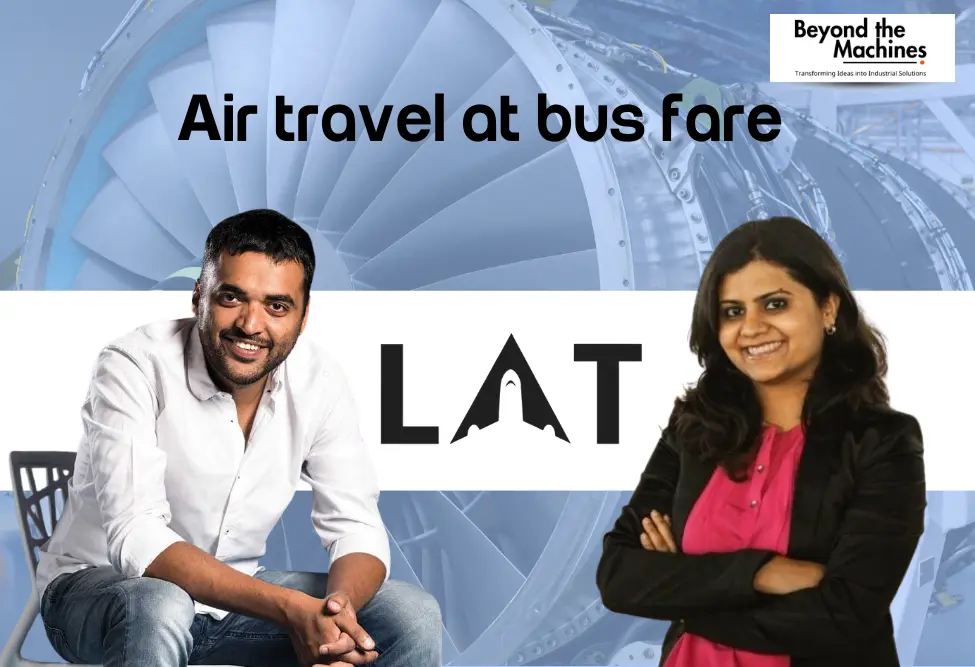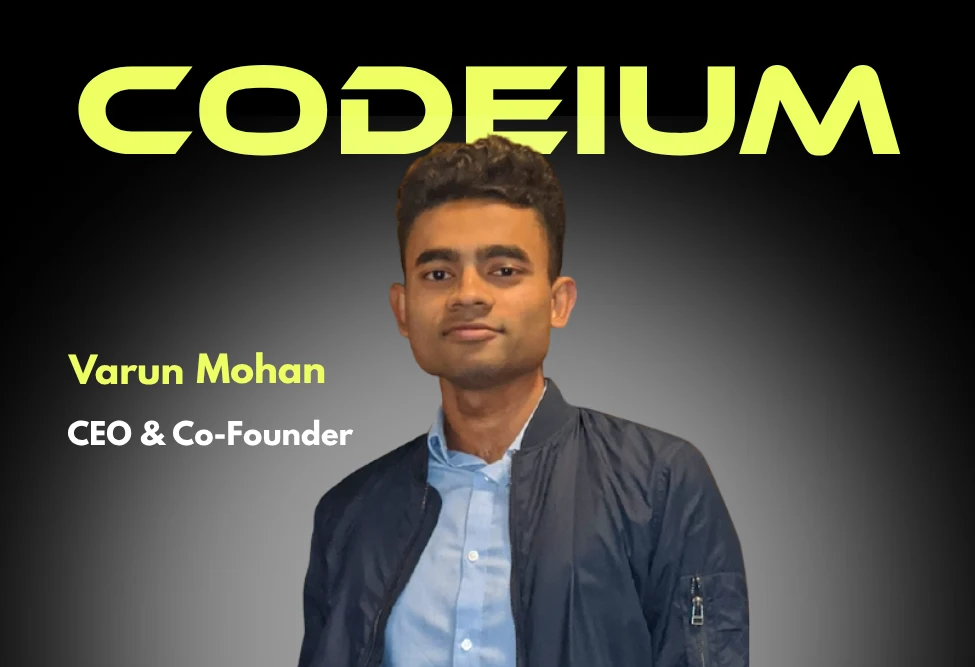Zomato founder Deepinder Goyal has invested $20 million in LAT Aerospace to build India’s first fully indigenous gas turbine engine in Bengaluru, targeting affordable regional air connectivity with STOL aircraft capable of operating from runways no bigger than a parking lot.
A New Direction for Deepinder Goyal
Zomato founder Deepinder Goyal is making a bold move beyond the food technology sector by investing $20 million in LAT Aerospace, a startup he co-founded with former Zomato COO Surobhi Das. The company’s primary mission is to transform regional air travel in India, especially in areas with limited or no airport infrastructure.
At the heart of LAT Aerospace’s vision is the development of Short Take-Off and Landing (STOL) aircraft capable of operating from compact runways — in some cases no larger than a parking lot. This eliminates the need for traditional large-scale airports with complex baggage handling and extensive security, enabling faster, more affordable, and more accessible air travel to smaller cities and towns.
From Food Delivery to Flight Engineering
Goyal announced that LAT Aerospace will set up a propulsion research team in Bengaluru dedicated to building a lightweight, efficient, and flight-ready gas turbine engine from scratch — a Made-in-India innovation that could power STOL aircraft, UAVs, and remote connectivity systems.
Unlike conventional corporate structures, LAT’s research will be led entirely by engineers, not business executives. Goyal emphasizes a hands-on approach — with no waiting for board approvals, no endless meetings, just problem-solving, testing, and building hardware every day.
Aircraft Designed for Intercity Connectivity
LAT’s aircraft are being designed for intercity travel, with a projected range of up to 1,500 kilometers, making them ideal for connecting major cities to hundreds of underserved towns. This contrasts sharply with intra-city air taxi services that rely on Vertical Take-Off and Landing (VTOL) technology for short urban hops.
The company envisions a network of “air-stops” — compact airfields strategically placed to create a high-frequency, low-cost regional air travel system across India.
Research Led by Engineers, Not Business Executives
LAT Aerospace’s research center is equipped with labs for combustion, turbomachinery, thermal systems, and materials. Goyal has made it clear that the project will be led entirely by engineers — free from excessive meetings and approvals — focusing purely on design, testing, and innovation.
“If it works, it changes everything — a full engine stack, built locally, powering India’s aviation future,”
......Deepinder Goyal

Call for Experienced Talent
The company is actively hiring engineers with experience in turbines, rotors, and control systems. Goyal has promised recruits freedom to think, build, break, and repeat, with the aim of creating a world-class propulsion system from scratch.
Interested professionals can apply by writing to engines@lat.com.
Private Sector Push in a Government-Dominated Space
LAT Aerospace’s entry brings a private-sector innovation mindset into India’s regional aviation space, which has historically been dominated by government-backed programs.
The Indian government’s UDAN (Ude Desh ka Aam Nagrik) scheme, launched in 2016, aims to enhance regional connectivity by subsidizing airline operations and offering concessions. A key aircraft in the UDAN program is HAL’s Hindustan 228, a 19-seater designed to operate from semi-prepared airstrips, serving remote locations.
Similarly, NAL’s Saras MkII, another planned 19-seater multi-role aircraft, has been under development for more than a decade. Intended for civilian and military use, it has faced repeated delays due to funding shortages, technical hurdles, and shifting priorities, raising concerns about whether it can meet India’s urgent connectivity requirements.
Aiming for What Others Couldn’t Finish
India has previously attempted to build a homegrown gas turbine engine but has never fully crossed the finish line. Goyal believes LAT Aerospace can change that, leveraging a team of experienced turbine and rotor engineers with the freedom to “build, break, and repeat” until the technology is perfected.
If successful, this innovation could reshape the nation’s aviation landscape, powering STOL aircraft, enabling remote connectivity, and driving India toward true self-reliance in aviation technology.
“It won’t be easy. But if it works, it changes everything,”
........Deepinder Goyal.
A Vision for Affordable Regional Air Travel
Co-founder Surobhi Das envisions “buses in the sky” — affordable, high-frequency flights connecting Tier 2 and Tier 3 cities. LAT Aerospace’s STOL aircraft will operate from compact “air-stops” no larger than a parking lot, eliminating the need for long security lines and large airports.
With 450 airstrips in India but only 150 operational, LAT Aerospace aims to unlock the remaining potential, reducing long travel times by road or rail.
Conclusion
If successful, LAT Aerospace could rewrite India’s aviation history, making air travel accessible to millions. This initiative aligns with India’s “Aatmanirbhar Bharat” (Self-Reliant India) vision in aerospace technology.
Why Varun Mohan reject OpenAI? In the fast-evolving world of artificial intelligence, where billion-dollar deals are sealed in seconds, a 28-year-old Indian-origin tech visionary, Varun Mohan, made headlines by doing something unthinkable — he rejected a ₹25,000 crore ($3 billion) acquisition offer from OpenAI, choosing instead to license his breakthrough AI technology to Google for ₹20,000 crore ($2.4 billion) — and on his own terms..Read more
Belavita Founder Akash Anand chose a different path in a world where most people wait for someone to pat their back and say, “Don’t worry, I’ve got your back.” Instead of seeking validation, he became the kingmaker—helping others fulfill their dreams by investing not just money but his time, energy, and ideas…Read more










1 thought on “zomato ceo Deepinder Goyal’s LAT Aerospace to Build India’s First Made-in-India Gas Turbine Engine in Bengaluru”